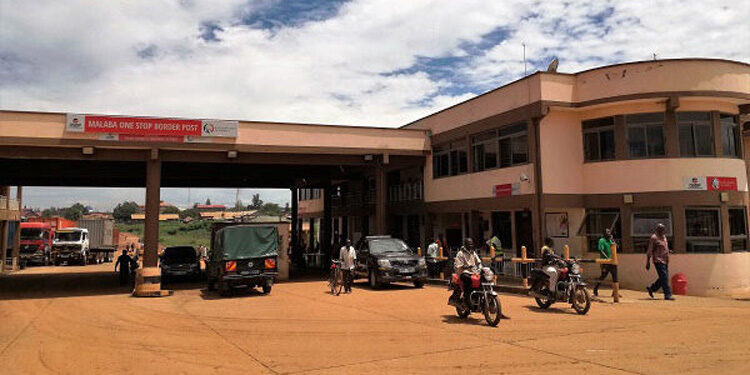Kenya and Uganda have taken a decisive step toward dismantling long-standing non-tariff barriers (NTBs) that have slowed cross-border trade, following fresh directives from Presidents Yoweri Museveni and William Ruto.
Meeting in Mbale City, Uganda, on August 30, ministers responsible for trade from both countries signed a joint communiqué committing to measures that will ease congestion, eliminate tariffs and NTBs, and guarantee the smooth flow of goods along their shared borders.
Uganda’s delegation was led by the Minister of State for Trade, Gen. Wilson Mbasu Mbadi, while Kenya’s team was headed by the Cabinet Secretary for Investments, Trade and Industry, Lee Kinyanjui. They were joined by senior officials drawn from revenue authorities, standards agencies, agriculture regulators, transport bodies, and foreign ministries.
Among the directives agreed upon was the immediate decongestion of the Malaba and Busia border posts, with truck queues limited to four kilometres and 500 metres respectively. To curb delays, both sides pledged to institute round-the-clock border operations and eliminate inefficiencies caused by multiple checkpoints.
Uganda further committed to streamlining weighbridge operations along its trade routes, while both countries agreed to fast-track infrastructure upgrades, including bridges, scanners, and roads at key crossing points such as Suam and Lwakhakha. The activation of Joint Border Committees (JBCs) was also approved to tackle daily operational challenges, with unresolved matters escalated for quick resolution.
On the policy front, the ministers reaffirmed that all goods originating from Kenya and Uganda will be treated as transfers in accordance with East African Community (EAC) protocols. They also agreed to abolish discriminatory excise duties, levies, and charges of equivalent effect, a move expected to reduce costs and foster fairness in cross-border trade.
To ensure implementation, a joint technical committee will be formed to monitor progress, while continuous dialogue with the private sector will be maintained to align the measures with business realities.
While acknowledging progress already made in addressing long-standing disputes, the ministers emphasized the need for sustained cooperation and accountability. They expressed gratitude to their Heads of State for their leadership and reaffirmed their commitment to deepening regional integration and creating seamless trade along the Kenya–Uganda corridor. The communiqué formalizing these commitments was signed at the Mbale Resort Hotel in Uganda.
This article was published by Githua Kihara, an editorial consultant for FEAFFA’s Freight Logistics Magazine. For any inquiries, please contact us via email at editorial@feaffa.com or freightlogistics@feaffa.com, or reach out to Andrew Onionga directly at onionga@feaffa.com or oningaam@gmail.com / +254733780240.





